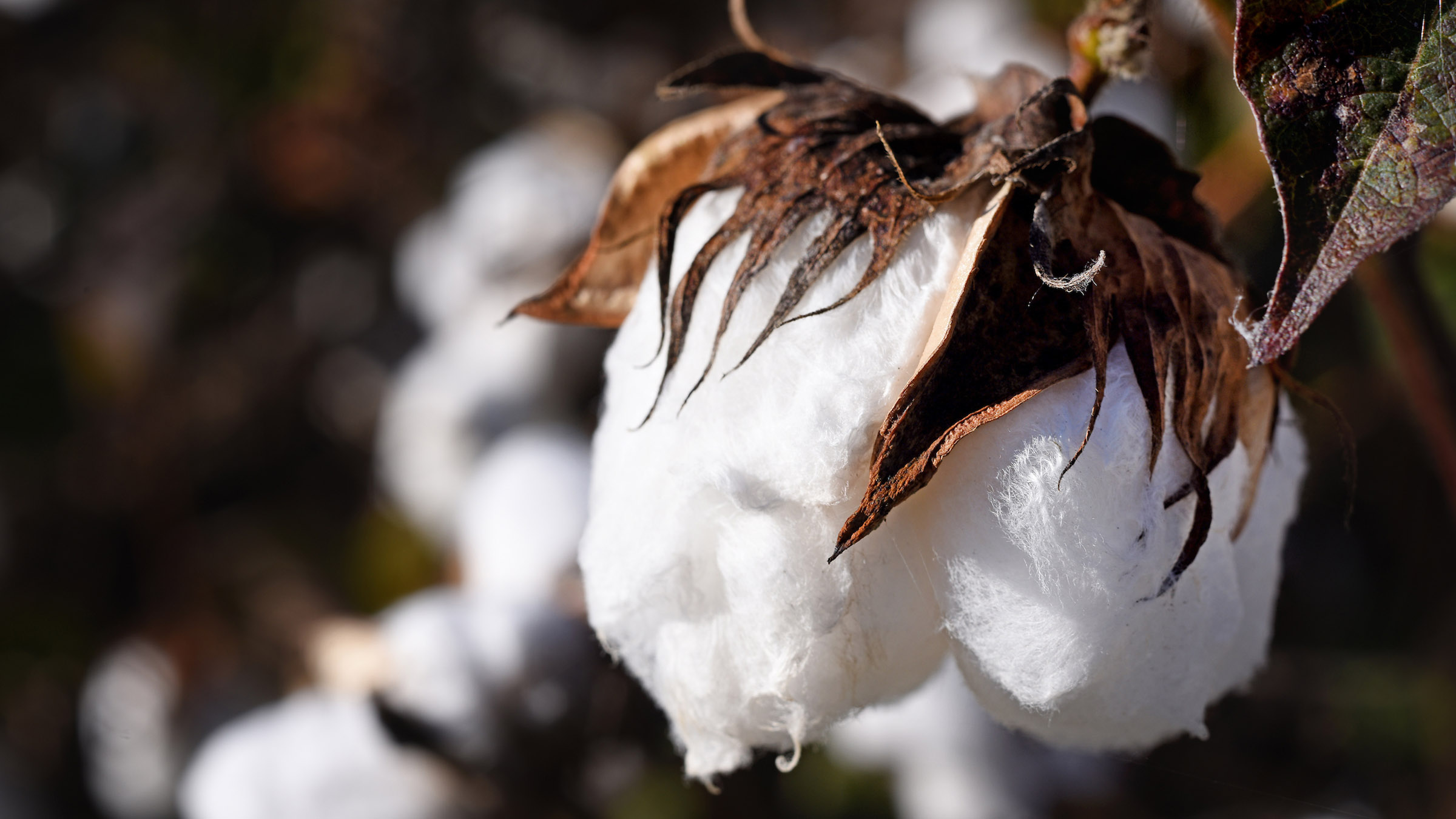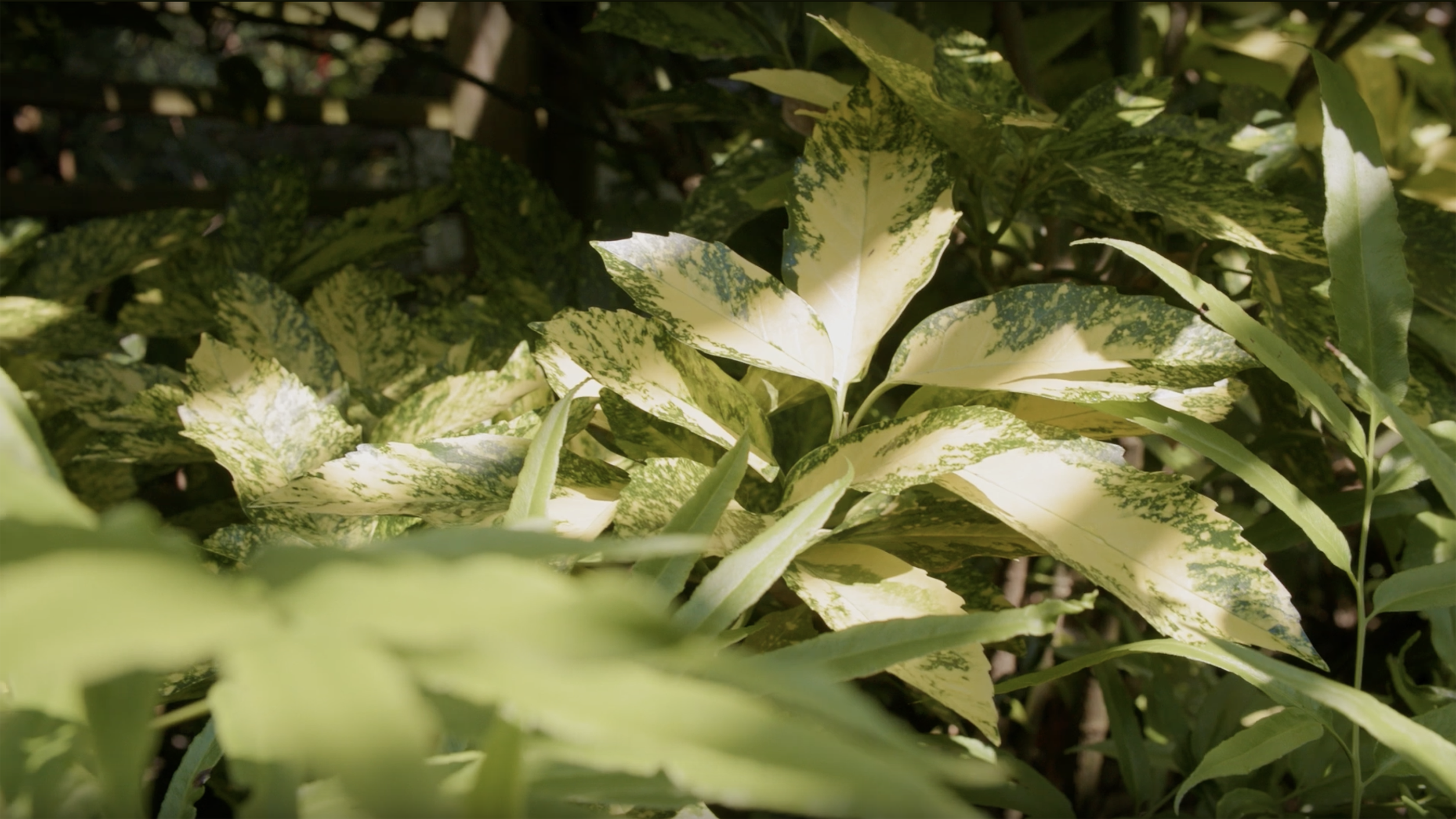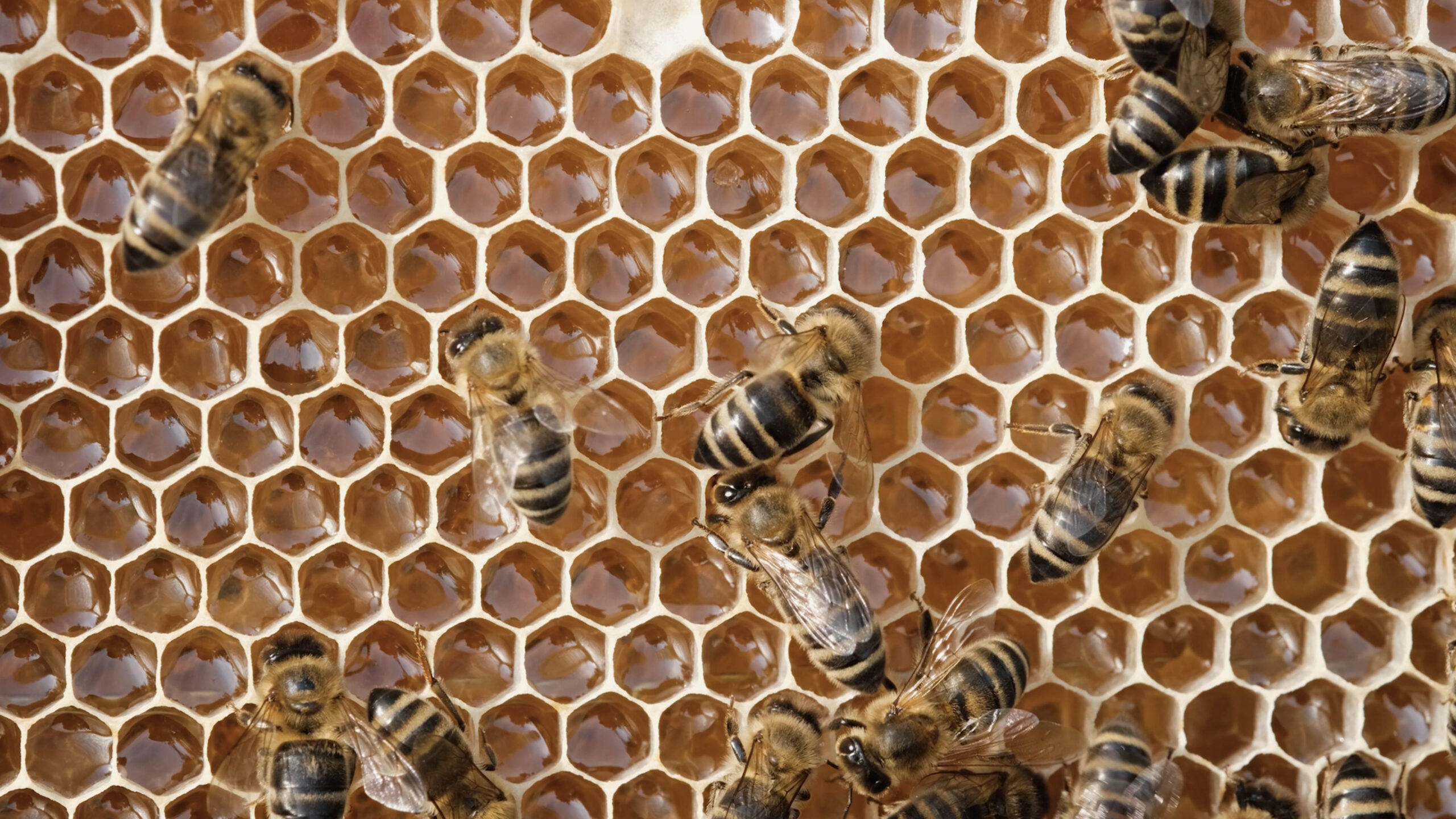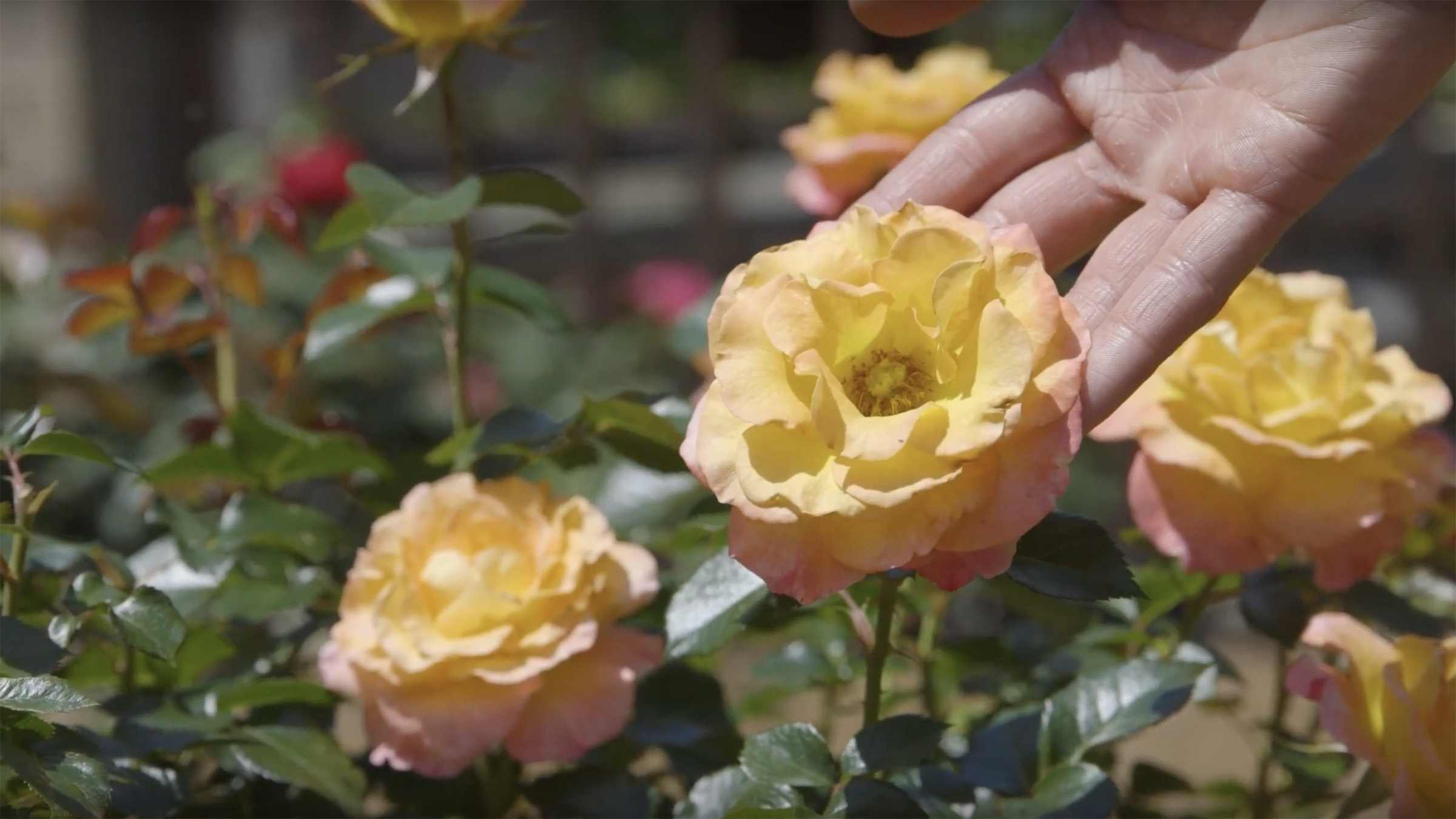Cotton: The Fabric of Our State
In North Carolina, cotton is king, and it touches your life in more ways than you might think
What do your clothes and linens have in common with ice cream and $100 bills? Besides being a few of your favorite things, they all may contain cotton. And that’s just the tip of the swab!
Cotton is used in cosmetics that cleanse us; food that sustains our families; film that immortalizes moments in time; biofuel that powers industries; money that buys what we need; and, of course, in fabrics that touch our lives every day. Like the fluffy white clouds it resembles, cotton can be found everywhere.
Cottonseed oil, made from cotton seeds, is used in potato chips, cookies, crackers, dressings and more
While it’s nearly impossible not to come in contact with cotton, have you ever wondered how cotton gets from the field to your family? How do these squishy, swab-like plant parts become products that impact our daily lives? And speaking of impact, how important is cotton to North Carolina and the state’s economy?
We caught up with Guy Collins, cotton specialist with NC State Extension, who drops a bale of knowledge on us in this edition of Homegrown On the Farm.
Watch now and discover how cotton is woven into our daily lives, and what NC State is doing to help our cotton growers make sound, sustainable decisions.
Five Fun Facts
- Cotton has been grown and used to make fabric for at least 7,000 years.
- One bale of cotton weighs approximately 480 pounds and can make over 200 pairs of jeans, 1,200 pillow cases and 300,000 $100 bills.
- North Carolina is the 7th largest producer of cotton in the U.S.
- Cottonseed oil is used as an ingredient in bread, cereals and snacks, including potato chips.
- Scientists have found a way to make cottonseed edible for humans, which could make it an inexpensive food source for millions of people around the world.
Find more fun facts in this Count on Cotton fact sheet from Cotton, Inc.
- Categories:



